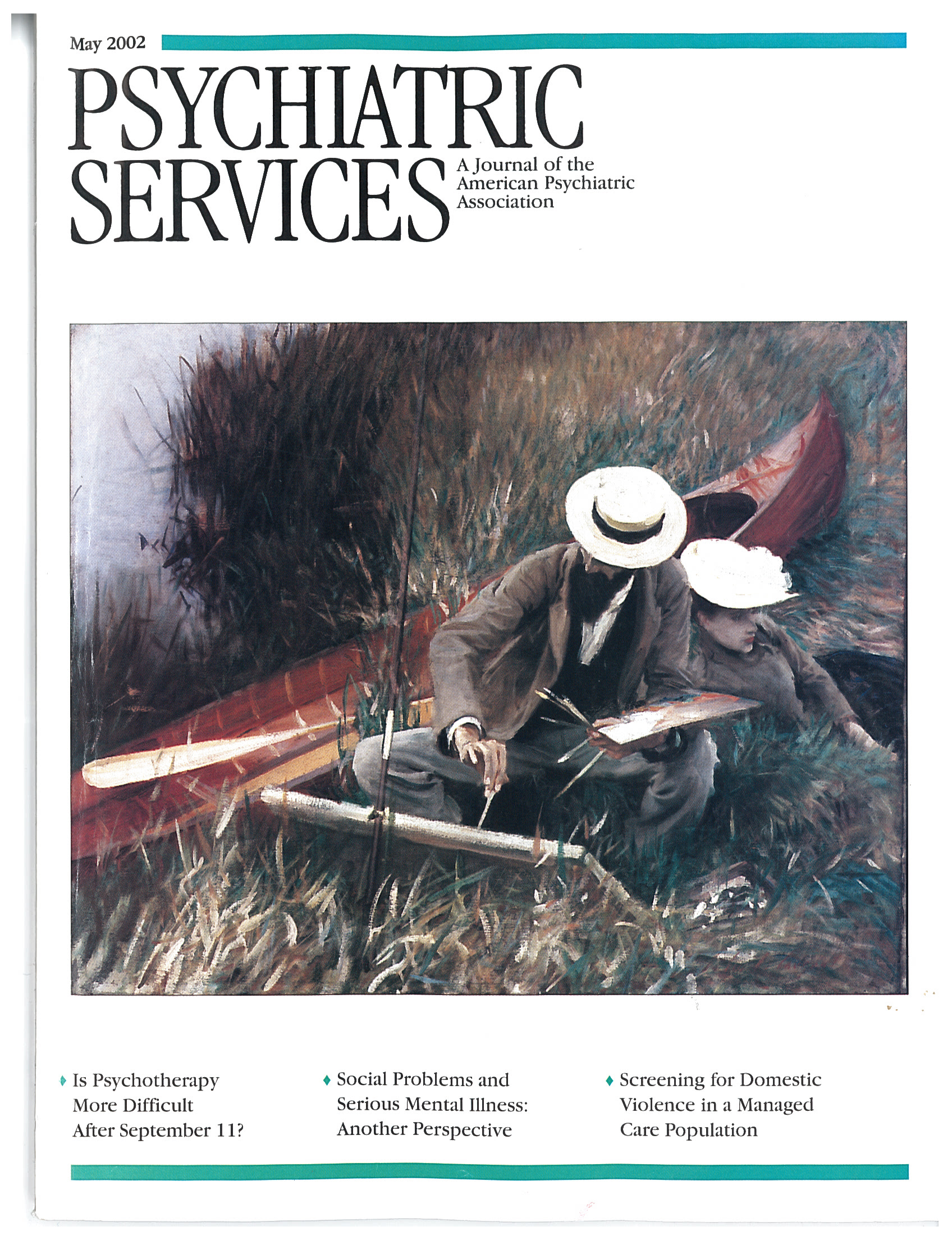In this book, George Ainslie offers a compelling and novel theory that enhances our understanding of human successes and failures in attempts to achieve greater self-control. Ainslie first proposed what he terms a "hyperbolic discounting theory" of the mind in his
Picoeconomics a decade ago (
1).
Breakdown of Will seeks to provide a summary clarification of the earlier publication and to present new research, observations, and theoretical findings in validation of the original theory.
At issue in Ainslie's work are our basic assumptions about self-control among individuals who knowingly engage in addictions and other self-defeating behaviors. The paradox of human inconsistency in making self-defeating choices has provoked the development of a proliferation of theories from various disciplines, including behavioral science, cognitive psychology, philosophy of the mind, economics, and social sciences. Integrating approaches from several of these disciplines, Ainslie proposes a unique model of motivation that accounts for the successes and failures of the will that are at the core of decision making.
The book's 12 chapters are organized into three parts. Part 1, "Breakdowns of Will: The Puzzle of Akrasia," begins with a review of the conundrum of self-defeating behavior, from the views of early theologians and Greek rationalists through the evolution of the concept of will. Ainslie dissects the limitations of present-day utility and cognitive psychology models in explaining irrational choices and puts forth his alternative, namely, hyperbolic theory, which holds that we employ temporary preferences in valuing or discounting future events and their associated rewards, depending on their temporal distance, their magnitude, and their duration. Present decisions are made against what we expect our future selves to want, with complex, if not fully conscious, personal valuations on a time scale underpinning those decisions. If plotted, these time-scale valuations would assume the shape of a hyperbolic curve —hence the name of Ainslie's theory. The result is an elegant model in which the mind works like a population of conflicting interests bargaining in a marketplace.
In Part 2, "A Breakdown of the Will: The Components of Intertemporal Bargaining," Ainslie elaborates on the intricate interactions between different personal interests as they constrain or partially cooperate with one another in a process he calls intertemporal bargaining. Ainslie emphasizes the role of the will as the primary agent in this process. In part 3, "The Ultimate Breakdown of Will: Nothing Fails Like Success," Ainslie discusses his formulations of the will's failures—compulsions and impulsive behavior—in the context of the hyperbolic model.
Readers will be impressed with the depth of Ainslie's thinking, creativity, and synthesis. Breakdown of Will is an important resource for professionals and students of the philosophy of the mind, experimental psychology, and behavioral economics. It is also worthwhile background reading for addiction therapists. While Ainslie presents a means of theoretical understanding, he does not seek in this book to offer practical applications of the theory to clinical practice. He also assumes that the reader will have a basic familiarity with philosophical jargon, so clinicians with limited reading time looking for pragmatic approaches to helping patients conquer self-defeating behaviors are likely to find it too abstract.

